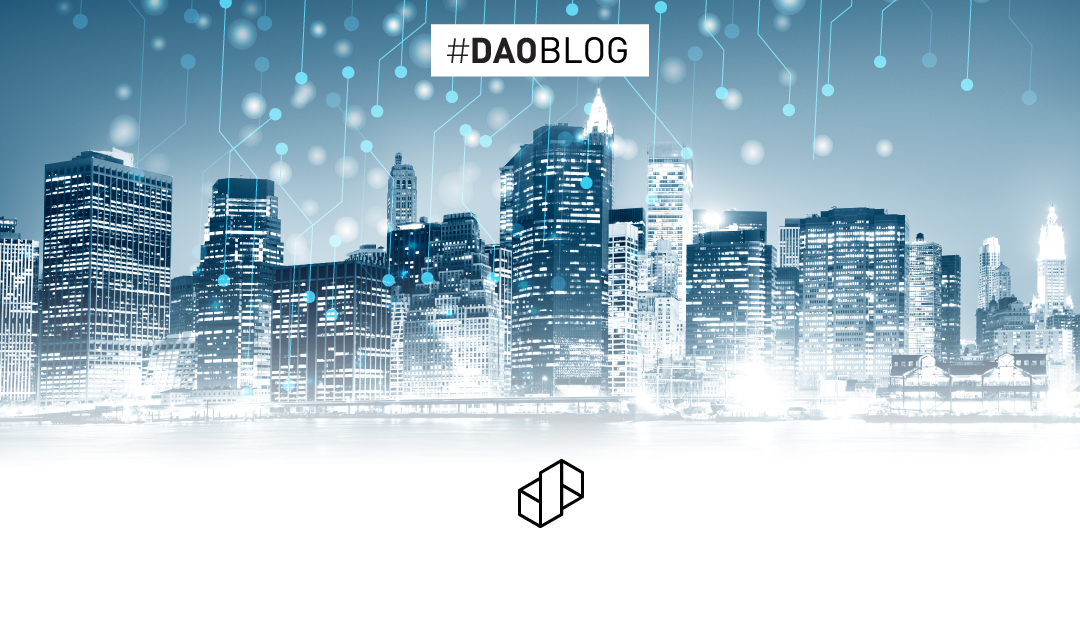The financial crisis of 2007–2008 resulted in a meltdown of the global economy that began in the United States and spread to other countries like wildfire. The housing market crashed, stocks plummeted, people lost their life savings, and large corporations filed for bankruptcy, resulting in a significant loss of trust in financial institutions.
Advent of blockchain
At the same time, brewing underneath the layer of this global fiasco of the economic system was a novel approach to solving the problems highlighted by this system – an effort towards creating an internet-native currency that is not controlled by a single entity but by the people at large.
The waning trust further fueled the push towards crypto in traditional institutions from Gen Z and tech-savvy millennials. A decade and a half later, the combined crypto market is valued at around $1.3 trillion (as of May 2022) globally, while the total foreign exchange reserves of Pakistan’s State Bank are a measly $10 billion (as of March 2022) in comparison.
It might be fair to say that cryptocurrency was an experiment that indeed has the potential to shake the world’s economic order.
What are cryptocurrencies?
Cryptocurrencies are digital tokens that use cryptography to secure their transactions. They are decentralized, meaning they are not subject to government or financial institution control; instead, they are governed by their own protocols and the network of computers.
Most of them are also not backed by any physical assets, so their value depends on people’s belief and trust in them. This, however, serves as a double-edged sword as cryptos are prone to substantial price fluctuations and lack stability. A consequence of this was observed when the price of Luna, one of the most highly rated crypto projects, came crashing down. Luna was supposed to back Terra’s stablecoin, which in addition had over 3 Billion US$ worth of Bitcoin backing it up. But as soon as the people’s trust in the system fell, no other faith-based currency or system could stop the whole system from failing.
This inherent problem with cryptocurrencies is solvable by pegging them with a historically lucrative yet tangible asset class: Real estate.
Is the real estate ecosystem ready for a transformation?
Traditionally, money has been parked and invested in real estate in Pakistan and the world over. Being a relatively less volatile asset, real estate offers protection against the economy’s ups and downs.
On the other hand, the real estate market carries its issues; it has a huge barrier to entry by virtue of real estate being a higher-cost asset, is prone to incorrect valuations, and cannot be readily liquidated. It is also marred with other problems like fraud, double selling, and land grabbing. Real estate lags behind most asset classes in digitization and technology adoption. There are numerous intermediaries in the industry, and real estate transactions tend to be intensely negotiated and need to be standardized. Rather than being data-driven, most decisions are based on instinct and momentum-based speculation. Data about real estate tends to be incomplete and requires more transparency. Looking at the other side of the coin, most of these issues can manifest themselves as opportunities for innovation in this space that is still governed by archaic practices. We can transform real estate into a better investment option by combining real estate with modern, data-driven technology.
Bringing blockchain into the equation
Blockchain is a distributed ledger technology where records are maintained across several computers linked in a peer-to-peer network. This ensures decentralization, transparency, and a tamper-proof record-keeping mechanism.
Here, an ideal opportunity arises to make the best of both worlds; real estate backed by blockchain technology.
By baking these core features into a digital platform, we can achieve the best of both worlds. A blockchain-based real estate ecosystem enables multiple avenues, including tokenization and fractionalization. Real estate investments can be made much easier, faster, and more secure, enabling brokers, buyers, investors, and even suppliers to track developments in real time. It can pave the way for a future where real estate becomes a force for the financial liberation of the masses.
Real estate transactions recorded on blockchain also give a fool-proof record-keeping mechanism that cannot be tampered with, giving the power back to the people. This can result in a more data-driven real estate ecosystem, where investors and owners leverage data to make informed decisions.
In conclusion
Cryptos represent the dawn of a new era where all value is represented in distributed ledgers. This definitely is a leap forward over existing systems. However, it doesn’t mean that crypto is without its problems. Crypto is not inherently asset-backed and gets its legitimacy from the consensus of the people, which is not always enforceable. Crypto, perhaps is not the destination but definitely a step in the right direction – the next stage in the ever-evolutionary process of democratization of value creation and transfers system. Backed by blockchain, real estate can be tokenized, and transactions can be sped up, removing the high barriers to entry and providing faster liquidity. This opens up the real estate arena to a new generation of investors; young professionals and middle-class workers, for whom real estate investing were but a dream.
As a step towards realizing this dream, several proptech and prop fintech startups are springing up around the globe. These proptechs could disrupt real estate, one of the world’s oldest and most significant sectors. We should expect many new PropTechs to emerge as technological advancements take unprecedented leaps.
To read more blogs, visit our blogs page here.

Burhan ul Haq
Senior Manager Performance Marketing


 Book a Meeting
Book a Meeting